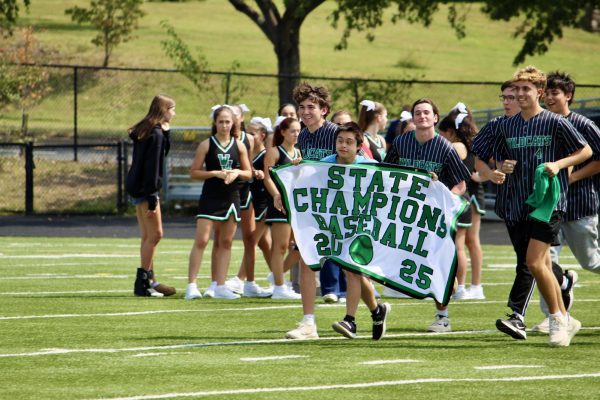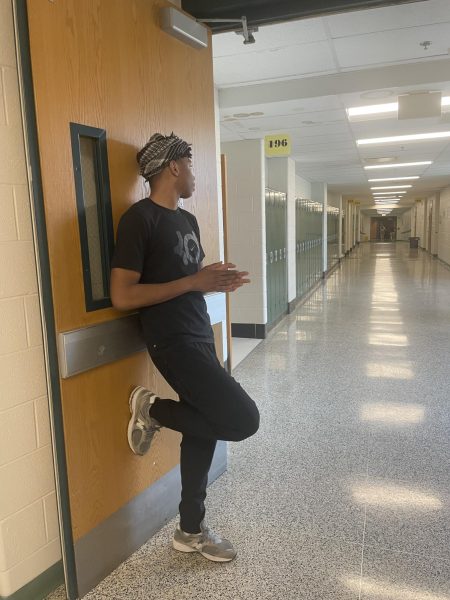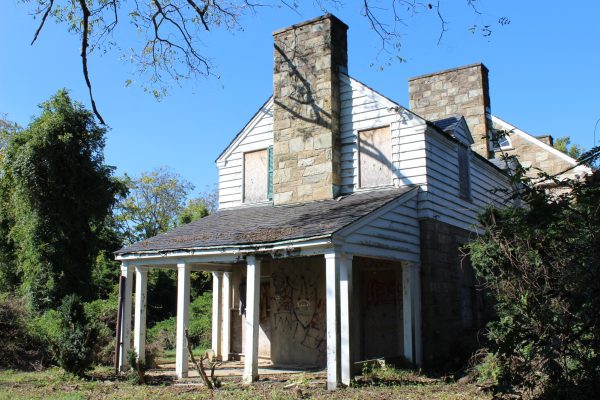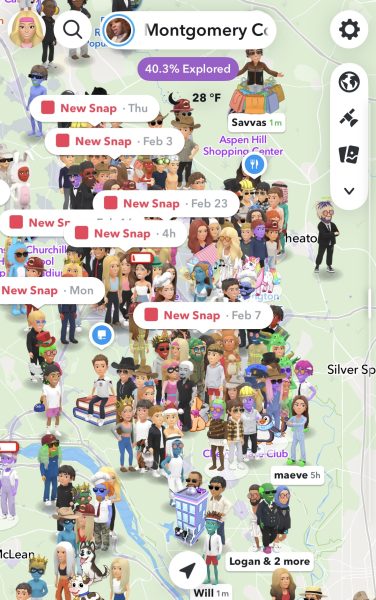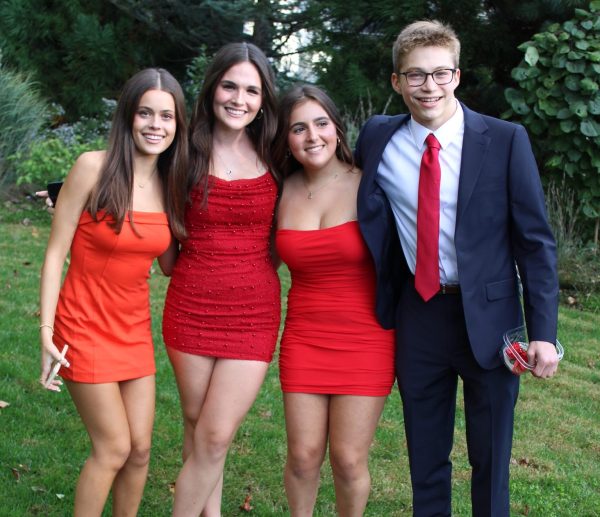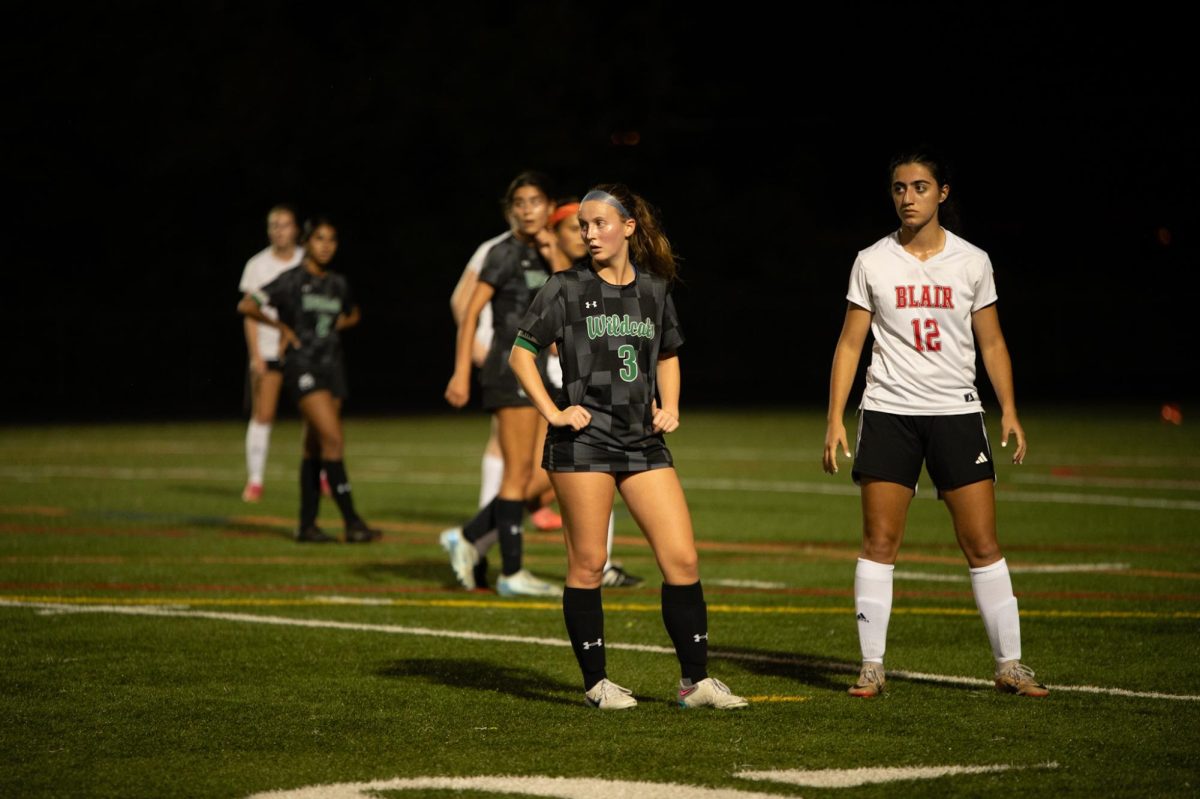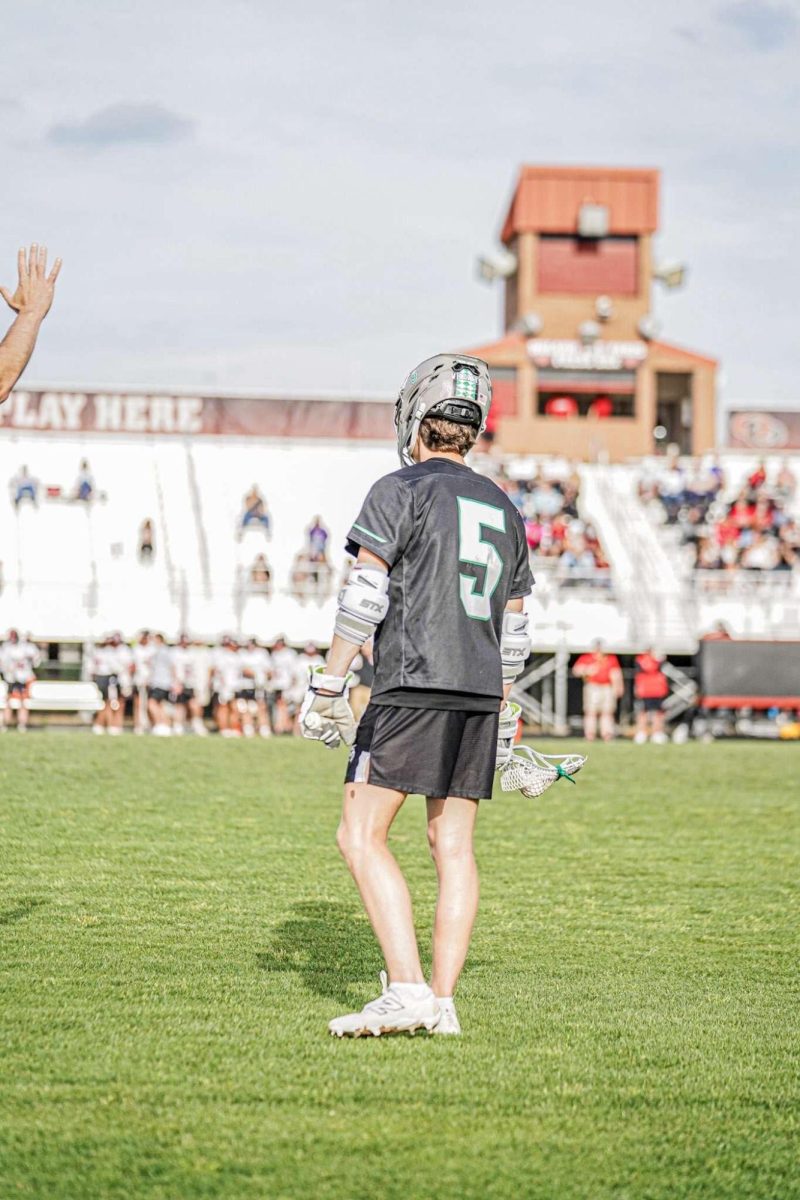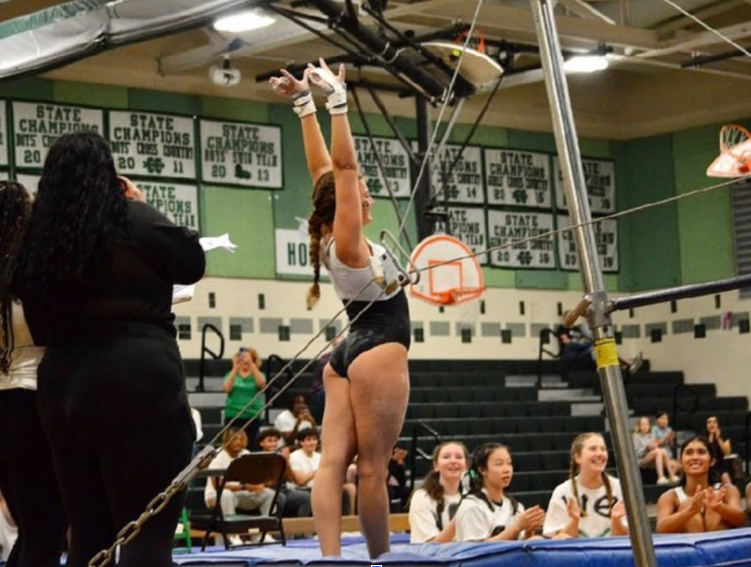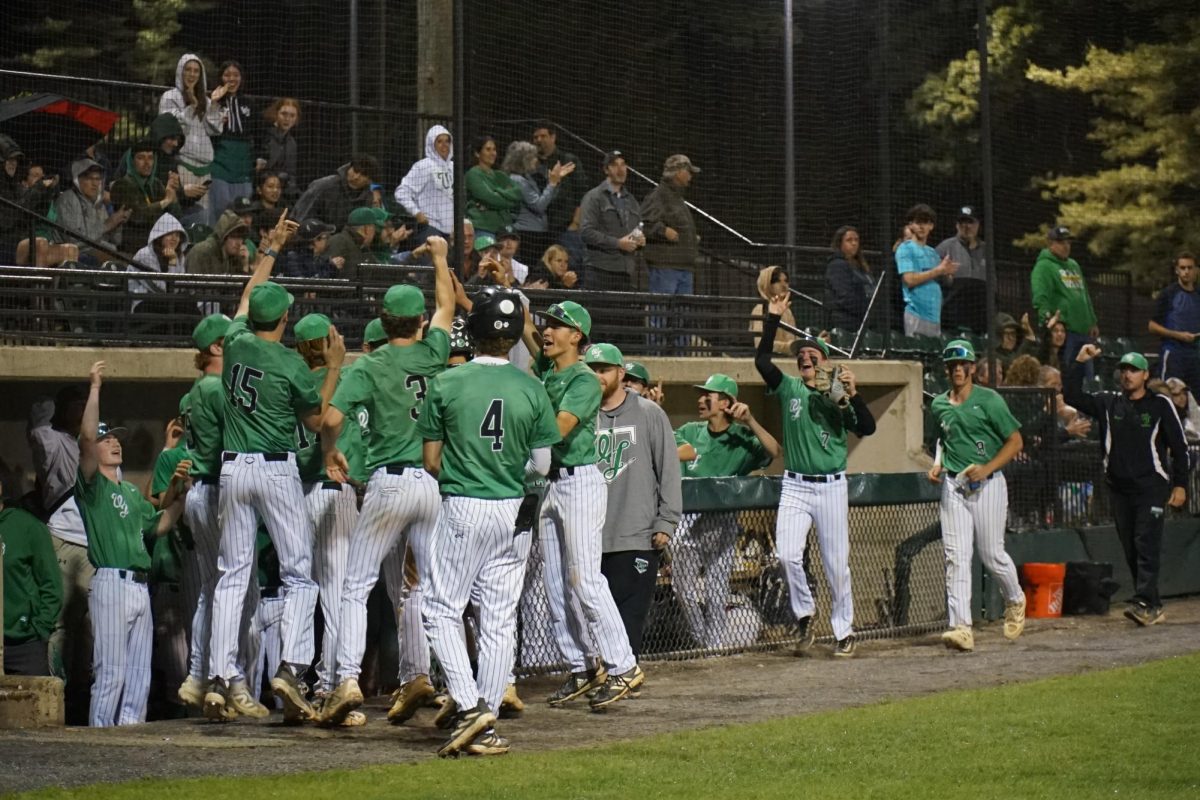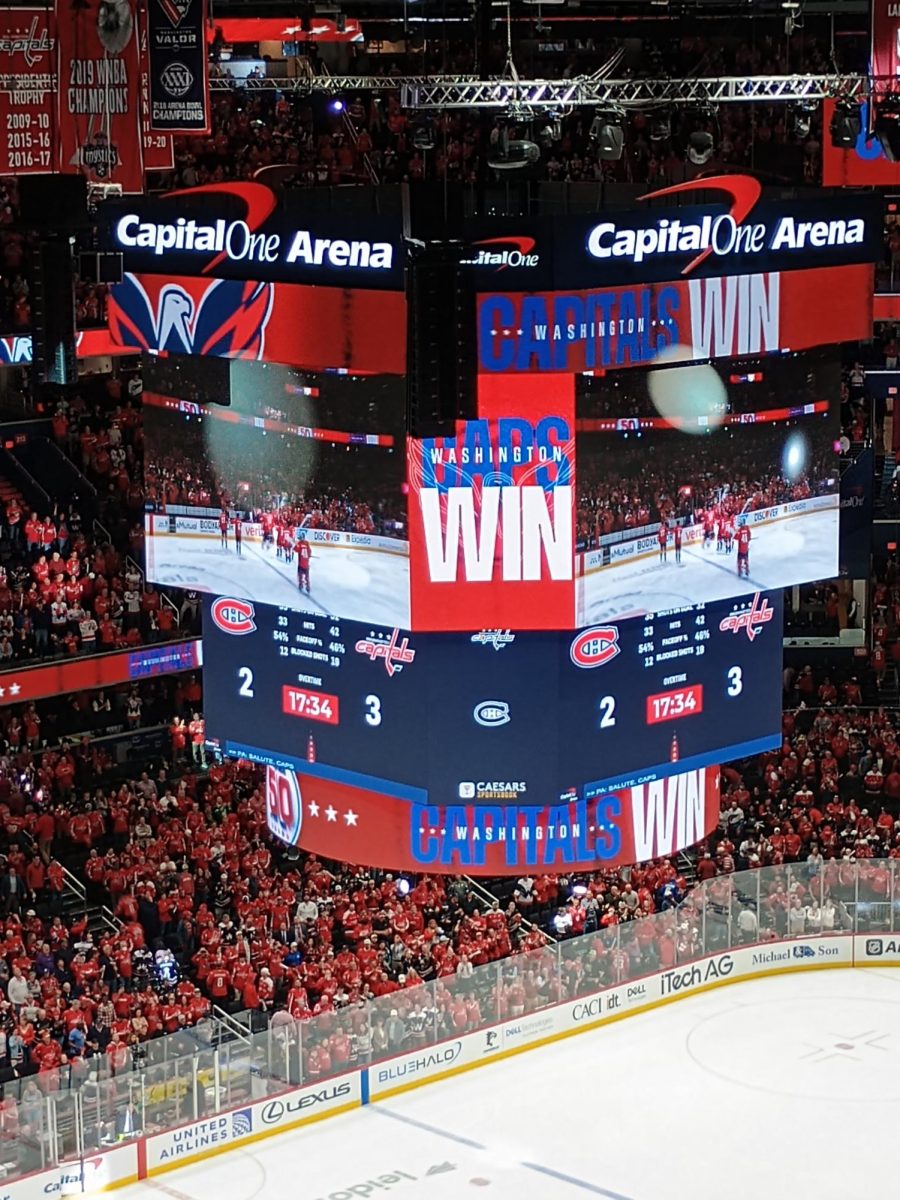Everything You Need To Know About Chanukah

Photo by Zoey Becker
Chanukah is a wonderful eight-day holiday in December.
Jan 2, 2015
On every December 25 since the beginning of time, Christian families have celebrated the most beloved holiday of the year with family traditions and events. Okay, technically they only have since 1870, when Christmas was announced a federal holiday, but it sure feels like forever. Meanwhile, Jewish families like mine have rung in the special day with Chinese food and the movies. While I do enjoy this very important tradition, it can get extremely inconvenient when literally no stores are open and all of your friends are busy doing fun things like going to church. Other than that, I don’t really mind living in a world where Christianity is the most followed religion and Judaism is in the minority. We are lucky enough to live in a place where both religions can be freely celebrated.
However, even in a place where any religion is okay, many people still don’t understand the stories behind these winter holidays. I realized this when I had a conversation with someone who referred to the Chanukah menorah as, “basically a Jewish Christmas tree that you light on fire.” Like the good Jew that I am, I decided to educate her. Therefore, I present to you the magical story of Chanukah. Listen closely, dear readers.
Chanukah was started way back in the old days, when Jews were being oppressed by the leader Antiochus IV, who ruled Syria, Palestine and Egypt. He prohibited Jewish people from practicing their religion, massacred them, and did countless other evil things, such as requiring the sacrifice of a pig (a non-kosher animal) in the Jewish temple. Needless to say, the Jews didn’t exactly like this. The two groups that opposed this leaders evil reign joined forces in a revolt. Their revolution succeeded and the temple, which was partially destroyed, was ordered to be rebuilt. However, they needed oil to light the menorah that burned day and night in the temple. A flask was found with just enough oil for one day. The Chanukah miracle goes that the oil was enough for eight whole days and eight whole nights, which is why Chanukah is celebrated for eight days and nights. We celebrate this amazing miracle of the oil, not the violent war that we won.
Some common icons of Chanukah are a menorah, which is a figure that holds nine candles- eight for each night of Chanukah, plus the shamash, which is traditionally used to light the candles. The candles are lit from left to right, and one more candle is lit for each night that is celebrated. One thing that even I didn’t know about Chanukah was that the reason we light the candles in this order is because you have to pay honor to the newer things first. You can never know enough about Jewish tradition.
This may seem like a pretty simple winter holiday, but it can get pretty complicated. Since the Jewish calendar can occasionally overlap with the Gregorian calendar (Americas calendar), terrible things may occur like the tragic events of last year that no Jew can forget: Thanksgivukkah. This iconic name is the result of two very important end-of-the-year holidays that came together on the same day: Chanukah and Thanksgiving. I don’t know about other families, but for mine, this event messed up some of our long-standing Chanukah and Thanksgiving traditions, like spending one night of Chanukah celebrating with our cousins and extended family. Even though we spent Thanksgiving with our extended family, the two holidays are very separate and it didn’t seem right to have them on the same night. This resulted in our postponing this night of Chanukah to Christmas Eve, which, needless to say, was just more confusing. Someone in my family mentioned that it was “nice to be mixing the two holidays”, referring to Christmas and Chanukah. I’ve thought about this comment a lot and it’s never really left my head. I understand why we had to have Chanukah on this day, but why was this referred to as “mixing the two holidays”? If we don’t do anything that is even remotely related to Christmas except for the date on the calendar, is it really mixing them?
I suppose dates are very important. Countdowns to Christmas are all I see on Twitter and Tumblr every wintertime, leading up to the big day. This tradition is harder for Jewish people to participate in, as the dates of Chanukah change every year according to the Jewish calendar. I like change, so I am not really bothered by this, unless it’s in the case of Thanksgivukkah. I didn’t enjoy that very much, but some people apparently did because the name Thanksgivukkah has already been trademarked and the URL is was bought by Dana Gitell, a Boston resident, and her sister. You can even buy Thanksgivukkah T-shirts and merchandise that read, “Thanksgivukkah November 2013: The holiday of holidays”.
Chanukah is a great holiday. I feel really blessed to be in a place where I can be free to be Jewish and to celebrate this holiday, because there are many places where that isn’t allowed. I’m glad I could educate my extremely dedicated readers (love you Mom!) about this holiday, because even that wouldn’t have been allowed many many years ago in places such as Egypt and even England. So this holiday season, take time to reflect on how blessed we all truly are. Whether you’re Christian, or Jewish, or Muslim, or Atheist, or whatever religion you are a practice, it’s incredible to be able to proudly celebrate your holidays and traditions.




